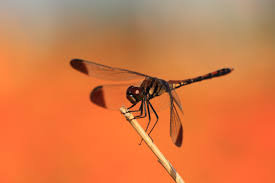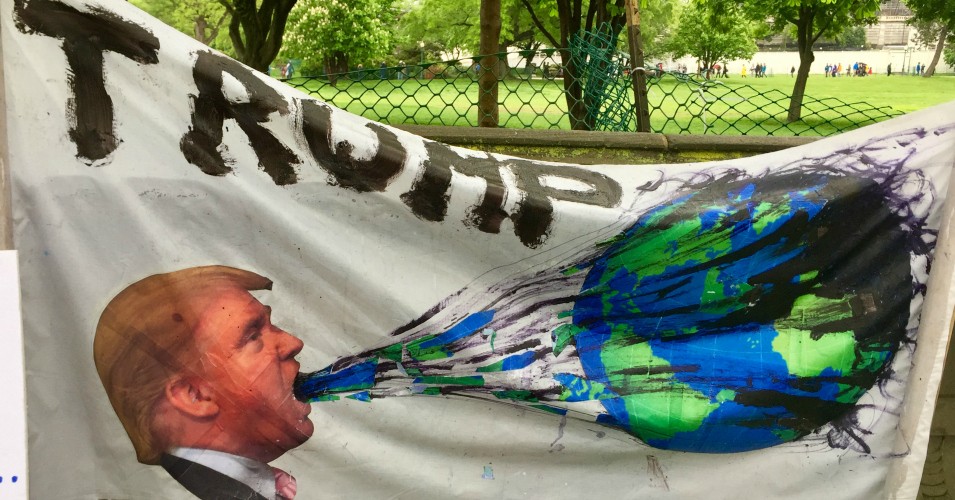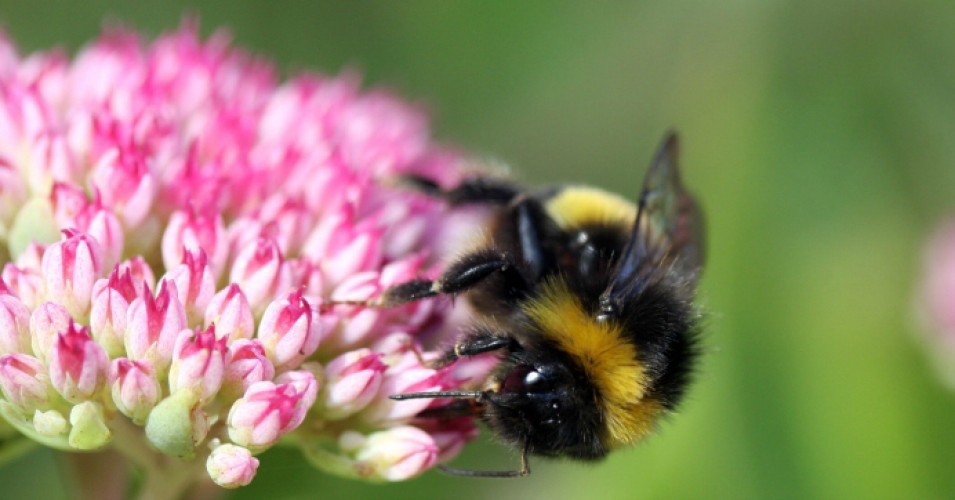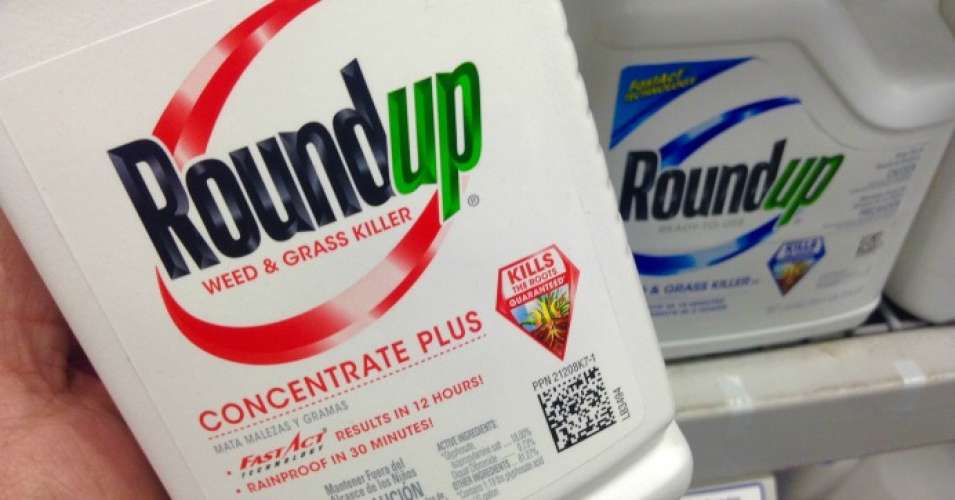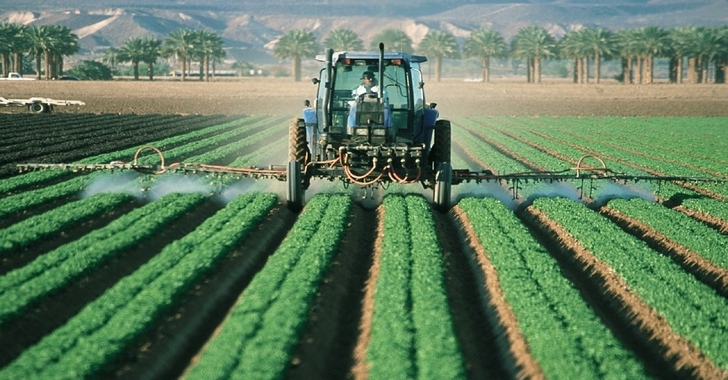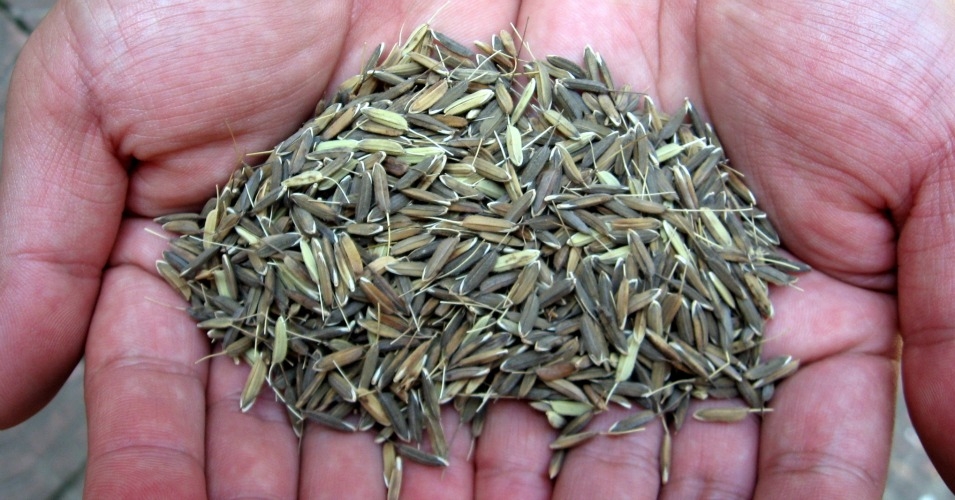“Monsanto needs to realize that we are not going to be silent anymore. We are not going to roll over and play dead.”
By Julia Conley, staff writer for Common Dreams. Published 4-12-2019
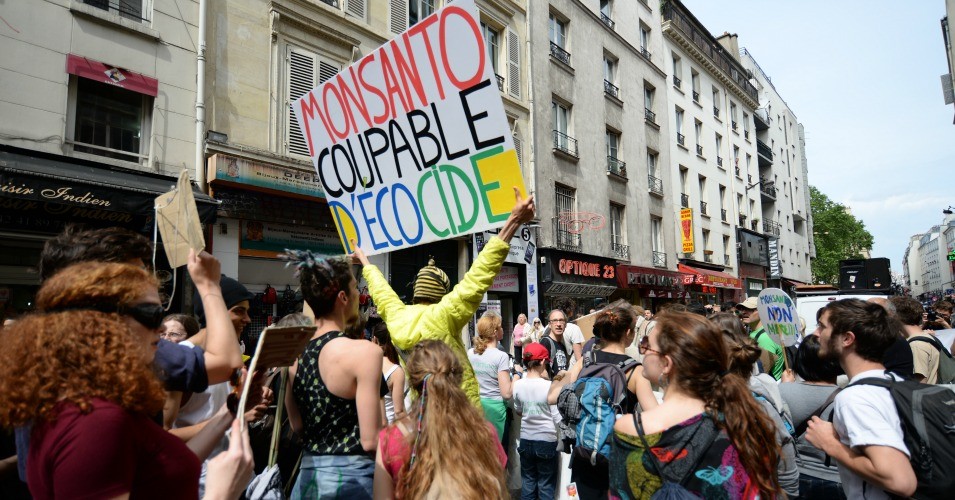
Protesters attended a demonstration against the chemical company Monsanto in 2016 in France. On Thursday, a /French court found Monsanto guilty of poisoning a farmer. (Photo: Pascal.VanFlickr/cc)
Monsanto was ordered to pay restitution to a French farmer who developed a neurological disease after using its weedkiller—the latest victory for the chemical giant’s former customers who want to hold the company accountable for selling poisonous pesticides.
A court in Lyon, France, ordered Monsanto Thursday to immediately pay Paul François €50,000 ($56,000) for the legal fees he incurred as he fought the company, and said the full amount it would be required to pay him would be announced in an upcoming ruling. François is seeking €1 million ($860,000). Continue reading



